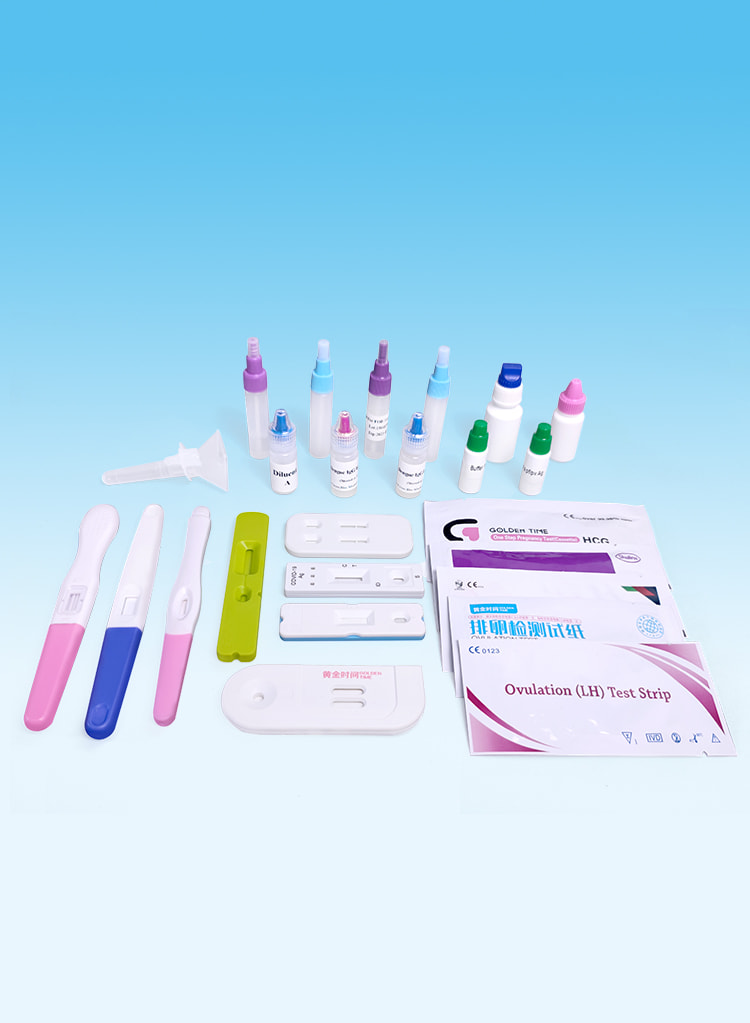Oct . 31, 2024 18:38 Back to list
Understanding Faint Lines on Pregnancy Tests and What They Mean
Understanding Faint Lines on Pregnancy Tests Insights from Manufacturers
Pregnancy tests have become a staple for anyone suspecting they might be expecting. However, one of the most common sources of confusion for users is the appearance of faint lines on these tests. Understanding what these faint lines indicate can greatly reduce anxiety and uncertainty, and it helps to know what manufacturers say about them.
Understanding Faint Lines on Pregnancy Tests Insights from Manufacturers
Faint lines can occur for several reasons. Firstly, it might be that the test was taken too early. Many pregnancy tests are designed to detect hCG levels a few days after a missed period. If a test is taken before this time, it could lead to a faint line because hCG levels may not be high enough to produce a clear positive result. Manufacturers usually recommend waiting at least a week after a missed period for more accurate results.
faint pregnancy test manufacturer

Another possibility for faint lines is the dilution of urine. If a woman drinks a large amount of water before taking the test, it may dilute the hCG concentration, leading to a faint line. Therefore, it's often advised to take the test first thing in the morning when urine is most concentrated, ensuring a clearer result.
Moreover, some tests have varying sensitivity levels. Some brands can detect lower levels of hCG than others. This means that one brand may show a faint line at a certain hCG level, while another may only show a distinct line at higher concentrations. It's important for users to consult the manufacturer's instructions to know the specific sensitivity of their test.
Additionally, manufacturers caution that faint lines might also suggest a chemical pregnancy, which occurs when a fertilized egg implants in the uterus but does not develop further. This is a sensitive issue for many, as it can be emotionally challenging to process. If a faint line is seen, the recommendation is usually to wait a couple of days and retest for confirmation, or consult with a healthcare provider for further advice.
In conclusion, faint lines on pregnancy tests can be perplexing. The key points from manufacturers emphasize timing, urine concentration, and test sensitivity. By being aware of these factors and following the manufacturer's guidelines, women can navigate the emotional landscape of potential pregnancy with greater clarity. Faint lines do not necessarily indicate failure or confusion; they may simply suggest that further testing is needed to understand the body’s signals. Always remember, if there's uncertainty, reaching out to a healthcare professional is a wise course of action for personalized advice and support.
-
Reliable Early Pregnancy Test Kit Supplier - Multi Plastic Cassette Options
NewsJul.30,2025
-
Transferrin Rapid Test Cassette – Reliable Tumor Marker Detection
NewsJul.29,2025
-
Accurate Follicle Stimulating Hormone Test Kit | Rapid Reliable Results
NewsJul.29,2025
-
High Accuracy LH Ovulation Test Kit - Digital Results & Wholesale Options
NewsJul.29,2025
-
HbsAg Blood Rapid Test Kit for Fast & Accurate Hepatitis B Detection
NewsJul.28,2025
-
Sterile Urine Cup for Safe & Easy Collection | High-Quality Specimen Cups
NewsJul.28,2025

